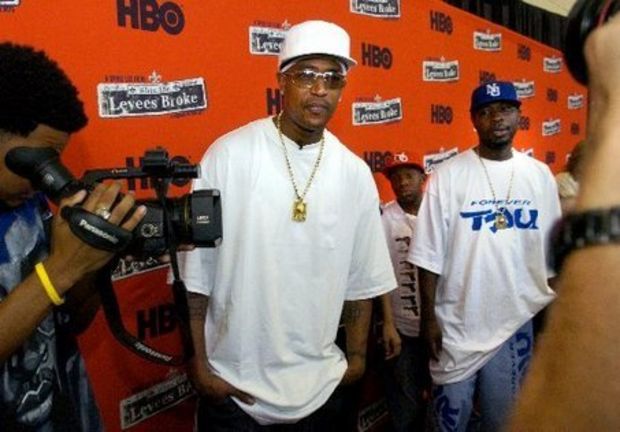(CelebNMusic247-News) C-Murder Sued For Teen’s Death:
Corey Miller, the rapper known as C-Murder was found liable for the youth’s death Tuesday for shooting and killing a teen-ager in a Harvey nightclub.
The ruling came in a lawsuit filed against Miller by the parents of the late Steve Thomas, 16, of Avondale.
Here’s the drop:
Miller, 42, of New Orleans, is serving a life sentence in prison for second-degree murder in the Jan. 12, 2002, killing at the now-closed Platinum Club in Harvey. Delores and George Thomas filed the wrongful death lawsuit in March 2002, about a week after Miller was indicted by a Jefferson Parish grand jury. They sued Miller, the Platinum Club and its owner, Travis Mumphrey, and Miller’s record label and apparel businesses.
The couple seeks unspecified damages. A trial date, to determine whether and how much Miller must pay Thomas’ parents, has not been set.
On Tuesday, however, Judge Glenn Ansardi of the 24th Judicial District Court found that Miller bears civil liability. The ruling was expected because Miller’s attorney Roy Maughan Jr. of Baton Rouge, did not challenge liability. Because Miller was convicted in the criminal case, a civil jury would likely reach the same conclusion in deciding civil liability, said Maughan, who did not attend Tuesday’s hearing.
“A judgment against him in this proceeding is of little consequence to him,” Maughan said. “What can you take from a man who has lost his liberty?”
Maughan cautioned, however, that their inaction on the question of civil liability is only an admission that Miller was convicted of murder, not an admission of guilt. Miller maintains his innocence, Maughan said.
With liability decided, the civil trial will focus only on the question of whether the Thomases should be awarded damages and if so, how much, the Thomas’ attorney Trey Mustian said. “It just makes the trial easier,” Mustian said after Tuesday’s hearing.
In his criminal trial, Miller was convicted of firing a single gunshot into Thomas’ heart after members of the rapper’s posse beat up the teen inside the Platinum Club. The Thomases accuse the nightclub of negligence for failing to maintain a safe environment, letting a 16-year-old juvenile enter and letting Miller in with a gun.
Miller was twice convicted of second-degree murder in Thomas’s death. A judge tossed out the first conviction in 2003, finding that prosecutors withheld from Miller’s attorney criminal background information on key eyewitnesses. Prosecutors denied the charge and retried Miller, leading a second jury to convict Miller in a 10-2 vote in 2009.
State appellate courts have affirmed the conviction. His life sentence in prison was automatic. He is not eligible for probation, parole or suspended sentence. The U.S. Supreme Court also declined this year to hear his argument against the constitutionality of non-unanimous jury verdicts, allowed only in Louisiana andOregon courts.
Even before his second trial began, Miller had said he was broke, and supporters created a web site soliciting donations to support his criminal defense. His private defense attorney argued in court that he was no longer being paid, but a judge ordered him to remain on the case.
Maughan said the prevailing wage at the Louisiana State Penitentiary at Angola is 10 cents per hour, and it’s unlikely that Miller’s income there may be garnished. “He’s lost his liberty,” Maughan said. “There’s no money to be taken.”
In a separate ruling Tuesday, Ansardi let the Platinum Club’s insurer, Alea London Ltd., out of the civil case as a defendant. The insurer’s attorney, Kermit Roux III, asked for the summary judgment on grounds that its policy did not cover “assaults and batteries” committed by third parties.
Mustian argued against summary judgment. But Ansardi found the language in the policy to be “clear” that acts such as the shooting were excluded.














